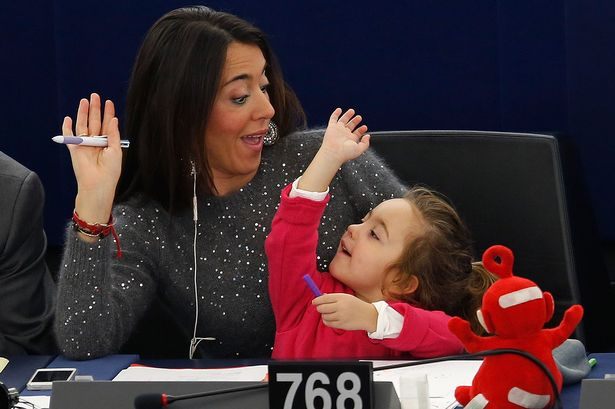Euro MPs in Strasbourg have voted to set up a special parliamentary committee to investigate member states’ tax rulings, paving the way for legislation to set corporation tax rates from Brussels.
The committee will look into tax ruling practices as far back as 1 January 1991 as well as state aid and the transparency of tax schemes in the member countries. But opponents say they believe it is an “attempt to conflate perfectly lawful tax avoidance with unlawful and criminal tax evasion.”
It is being set up in the wake of a series of investigations launched by the European Commission into tax rulings for multinational companies including Luxembourg, Ireland, Belgium and the Netherlands. The European Commission was rocked by what was dubbed the #LuxLeaks after it was revealed that Jean Claude Juncker, now the President of the European Commission, helped companies pay tiny amounts of tax by basing their headquarters in the Duchy.
But it will also ring alarm bells in Westminster as the HSBC evasion scandal continues ,with Ed Miliband calling Mr Cameron a ‘dodgy Prime Minister’ for refusing to disclose whether he discussed tax avoidance with Lord Green before he was appointed Trade Minister in 2011.
Lord Green was the former Group Chairman of HSBC Holdings Plc and stepped down on 3rd December 2010, three months after it was announced he would join the coalition government as an unpaid minister.
The Opposition leader seized on reports published by the Guardian only an hour before Prime Minister’s Questions showing seven Tory donors had bank accounts in HSBC’s Swiss subsidiary.
“It was in the public domain in September 2010 that HSBC was enabling tax avoidance on an industrial scale. Are we seriously expected to believe that when he made Stephen Green a minister four months later he had no idea about these allegations?”
The legislation picked up on rules which oblige all Member States to communicate with each other on tax saving laws, particularly if there may be ‘a loss of tax in the other Member State or a saving of tax may result from artificial transfers of profits within groups of enterprises.’
In short, MEPs want to crack down on entirely legal tax avoidance or the possibility of tax competition which the majority of left leaning MEPs are concerned would lead to a ‘race to the bottom’ as countries slashed rates to attract businesses.
The Committee will comprise of 45 MEPs including three from the UK: Labour’s Anneliese Dodds, Kay Swinburne from the Conservatives and Patrick O’Flynn, UKIP’s macro economics spokesman.
MEPs overwhelmingly supported the report, with only 19 MEPs voting against the legislation including the UKIP delegation.
In a statement, the party said that it believed the terms of reference and limited term of office – which is only six months – ‘betray the real purpose behind this committee.’
“This committee is principally designed as a vehicle to enable the unelected EU Commission to establish a pan-European, harmonised system of corporation tax which it will administer. In particular it is designed to enable the EU to eliminate what it perceives as ‘unfair’ tax competition, a process which will destroy UK Tax Sovereignty” a spokesman said.
“We believe that there is no realistic way that a committee of MEPs can properly examine and have explained the tax rulings of twenty-eight Member States (many of which were not even member states in 1991) going back more than twenty-four years within the time-limit of six months, even were they to work full-time on this matter.
“By widening the remit to 28 Member States, there is a conscious attempt to take the spotlight off and save the skin of Jean-Claude Juncker.”

COMMENTS
Please let us know if you're having issues with commenting.